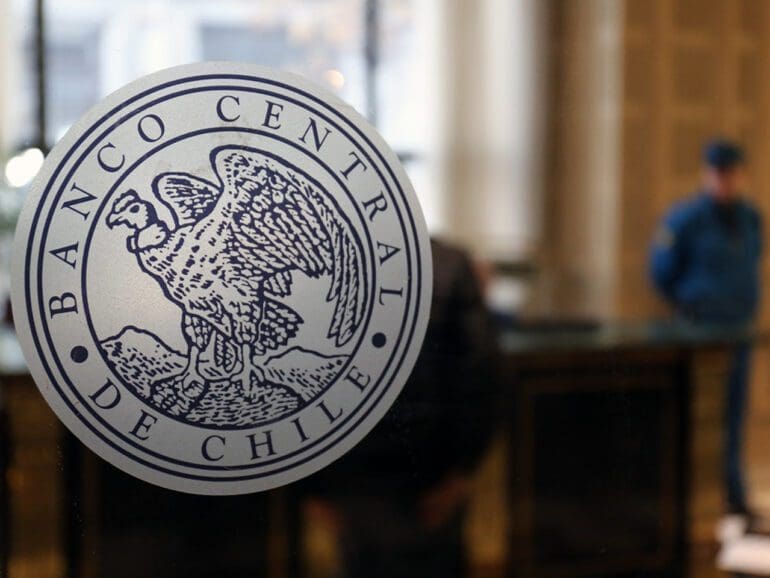The Chilean Central Bank recently decided to limit cross-border payments made by fintechs in the South American country.
Credit card companies had legally challenged these operations, which currently dominate activity in Chile.
Visa had requested before the regulatory institution its pronouncement regarding the faculty of card operators and payment service providers (PSP) to carry out cross-border operations, according to documents from the Chilean Court for the Defense of Free Competition (TDLC) released earlier this week.
As a result, the Political-Financial Division of the Central Bank stated that, according to the regulation issued by the financial institution, “payment operators are not authorized to carry out cross-border acquiring activities.”
Lack of regulation for fintech’s cross-border payments
The financial institution added that this situation is repeated with the PSPs, who “are not authorized” to offer this service. They also stressed that “the regulatory framework issued by the Central Bank does not cover this kind of cross-border operations.”
This occurs when an operator or a PSP directly affiliates a non-domiciled entity or a resident of the country, binding itself to transfer the resources corresponding to the transactions made in Chile with payment cards processed to accounts determined by them abroad.
Cross-border payments correspond to operations that allow acquiring, from Chile — and paying in the local Chilean currency (Chilean pesos, CLP) — the services of e-commerce platforms such as Amazon, Netflix, Spotify, or Uber.
According to the Chilean Central Bank, an eventual authorization of cross-border acquiring for fintechs “would require a thorough analysis by the Central Bank and the Financial Market Commission (CMF) regarding the risks it could pose to the normal functioning of payments.”
For this to be carried out, the regulatory institutions would have to establish measures to ensure that payments to affiliated merchants in Chile are not exposed to greater risk due to the resources currently foreseen for this purpose being used to make payments to other entities abroad.
Push-back from fintechs
Last year, several fintechs filed lawsuits in the Chilean Court of Defense of Free Competition (TDLC) against the card companies for abuse of their dominant position due to their rules on cross-border transactions, which are restricted by Visa and Transbank and regulated by Mastercard.

The companies were being accused of creating barriers to free competition and the entry of new players into the market through “private and unilateral regulation.”
In October, the German cross-border electronic payments multinational PPRO, which has operations in Latin America, was granted an injunction by the TDLC ordering Mastercard International Inc and Transbank to “continue to provide, under the same conditions, the assistance necessary to supply the cross-border sub-acquiring service” from which both companies had suspended it.
In the same year, the TDLC opened in parallel another similar case, but against Visa and Transbank, due to complaints from Ebanx, Dlocal, and PayU — companies that were granted an injunction similar to the one given to PPRO.
Barriers to the entry of new players
This week, after learning of the Central Bank’s position, Visa leveraged the situation to file an appeal to the TDLC to decree the lifting of the injunctions established in favor of the PSPs, such as Dlocal, PayU, and EBANX.
Visa expects the TDLC “to reconsider its decision not to lift the injunctions issued on the issue of cross-border acquiring, given that this activity is not permitted by the sectoral regulations governing the means of the payment industry in Chile, as stated in the Central Bank’s official documents.”
Related:
Mastercard filed a nullity action that the TDLC rejected. That appeal stated that the fintechs were not complying with the country’s legal provisions and could resort to other channels to carry out their operations.
According to a statement by FinteChile, an association that represents fintechs in the country, the Central Bank’s position “is clear in stating that cross-border payments are not expressly regulated, but this does not imply that they are prohibited, given that the constitutional principle of economic freedom prevails in Chile.”


